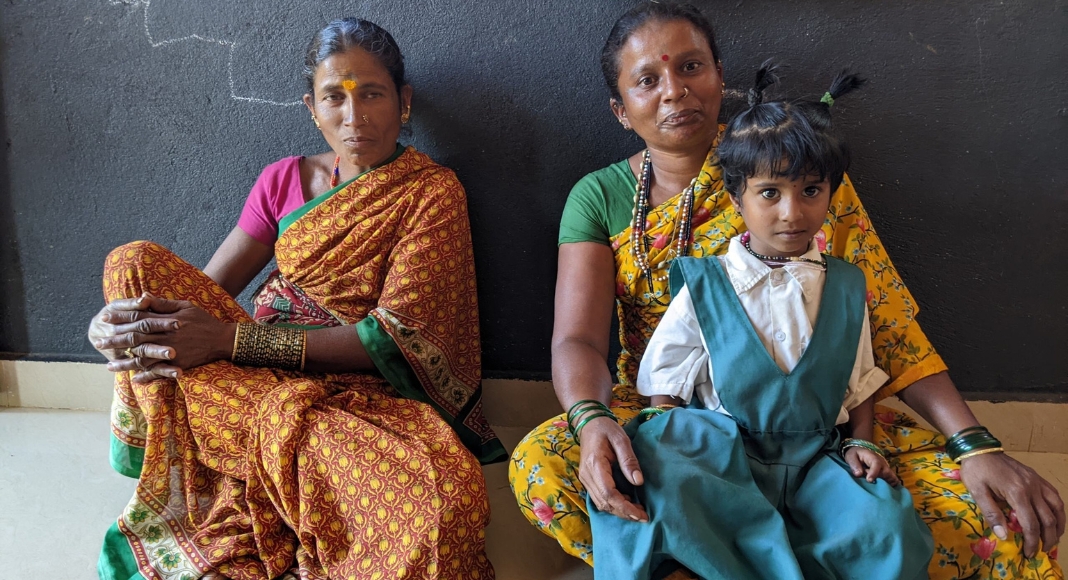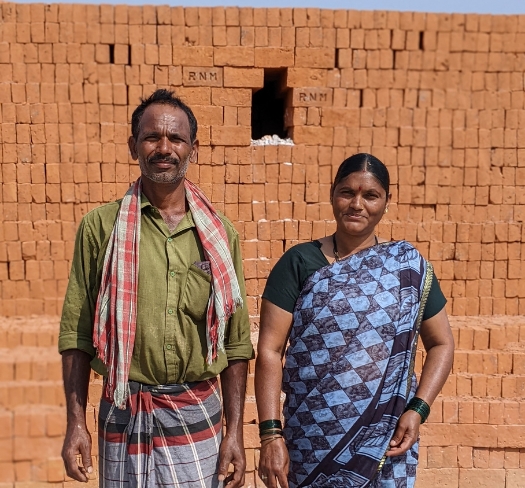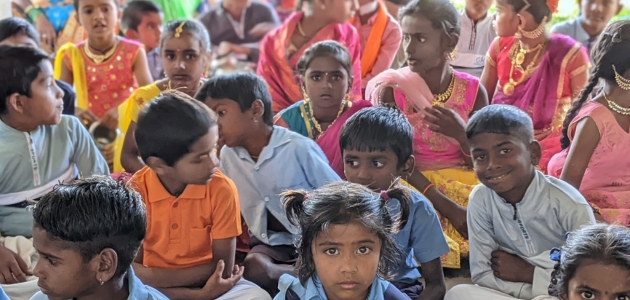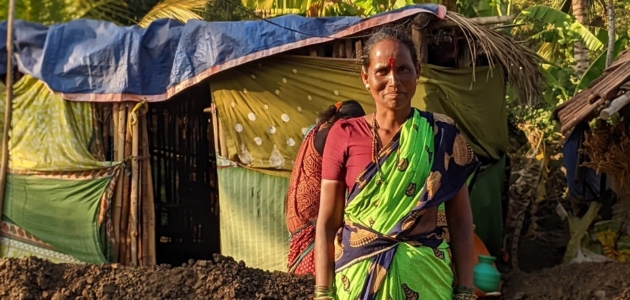The Sustainable Development of Indigenous Tribal Populations program empowers people to overcome generations of disadvantage.
Tribal communities in the Karnataka state of southwest India need healthy, thriving forest land for their agricultural livelihoods. However, communities are facing an ongoing lack of land for housing and farming, on top of the constant threat of being moved off the land by the government. As a result, many families are struggling from a shortage of essential resources to survive, such as nutritious food, clean drinking water, education for children, and livelihoods for sustainable income. With the generosity of Jesuit Mission supporters, our local partner North Karnataka Jesuit Educational and Charitable Society - Loyola Vikasa Kendra is on the ground working closely with tribal villages in the region. Our program for Sustainable Development of Indigenous Tribal Populations is specifically targeting the deep-set causes of disadvantage that generations of tribal communities have faced. The program objective is to empower individuals and groups in rural villages with the resources and training they need to help their community flourish—now and into the future. This means facilitating inclusive and quality education for children so they can have bright futures full of opportunity. It means empowering women to become self-reliant community leaders. And strengthening men with the education required to know their rights around land entitlements. People living in tribal villages have been pushed to the margins of society with the ongoing threat of having their land taken away. Rural families are fighting to survive with extremely limited access to life’s essentials. This program empowers people at all levels of the community with the resources and know-how they need to defend their rights and protect their future.
The Karnataka Jesuits are providing vital education to young mothers to address the incidence of malnutrition.
“The aim is to help tribal communities facing vulnerability to become self-sufficient so they can initiate action as part of the change process through collective efforts—and finally owning the change by themselves.”
Thanks to your compassionate support, the Karnataka Jesuits supported over 1,300 Indigenous tribal people in the last year, with innovative, empowering programs.
Rathnavva’s Story
After joining a self-help group run by the Karnataka Jesuits, Rathnavva has started a thriving brickmaking business and hopes to uplift other members of her community.
For Rathnavva (43), learning brickmaking has been life changing. Before learning this new skill, the mother of three would have to leave her family behind to seek work on distant farms.
Now that Rathnavva’s established her own brickmaking business, she’s able to support her family with her income, and her husband and children can also work alongside her.
"The work is a little bit harder, but it is much more rewarding. It's better because I prefer to run my own business rather than work on other people's agriculture. We are able to earn more for ourselves and we enjoy staying together and working together."
Rathnavva is using the skills she learned at her local self-help group, not only for making the bricks themselves, but also for financial planning and budgeting.
These days, she’s making around 10,000 bricks per month. This brings Rathnavva great joy, but she has bigger dreams that include helping other women from the self-help group find employment.
"I want to build the business so that I can invite my companions in the group to work for me, I want to uplift the community as a whole."



